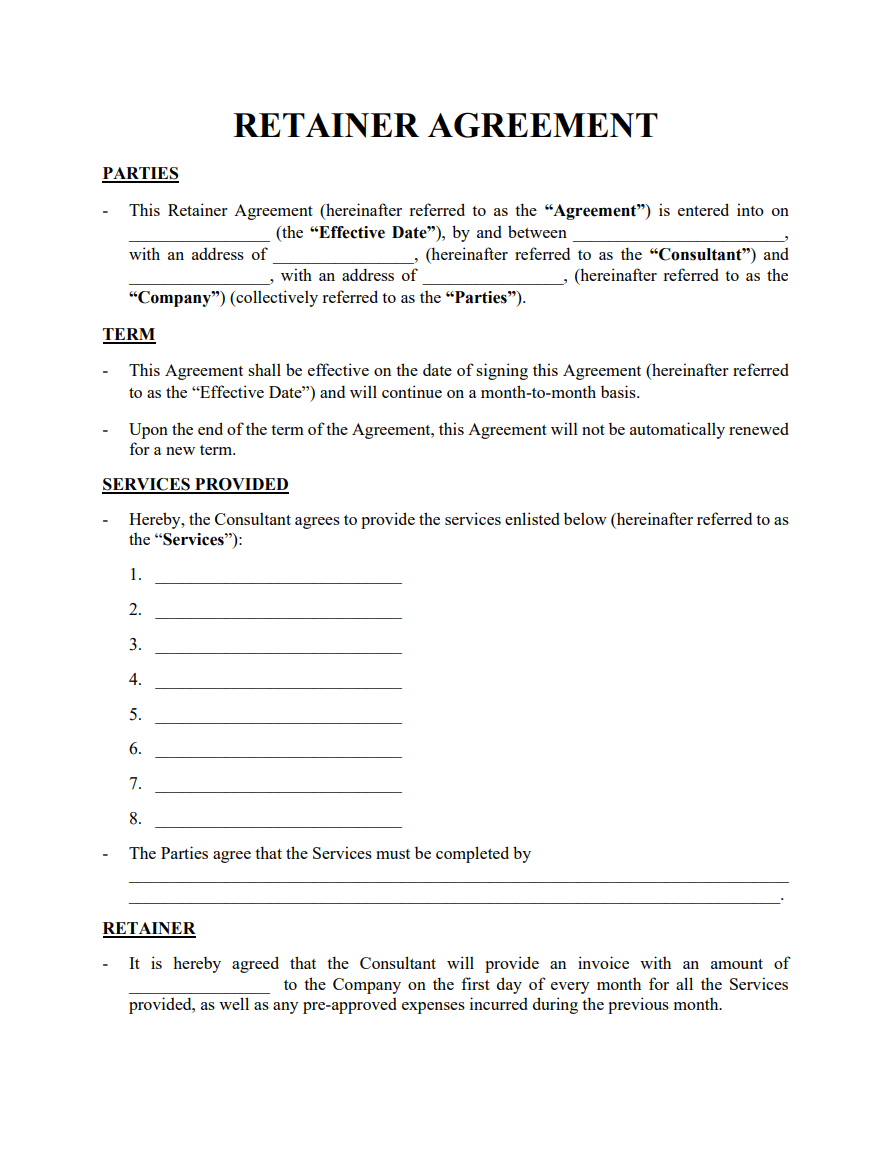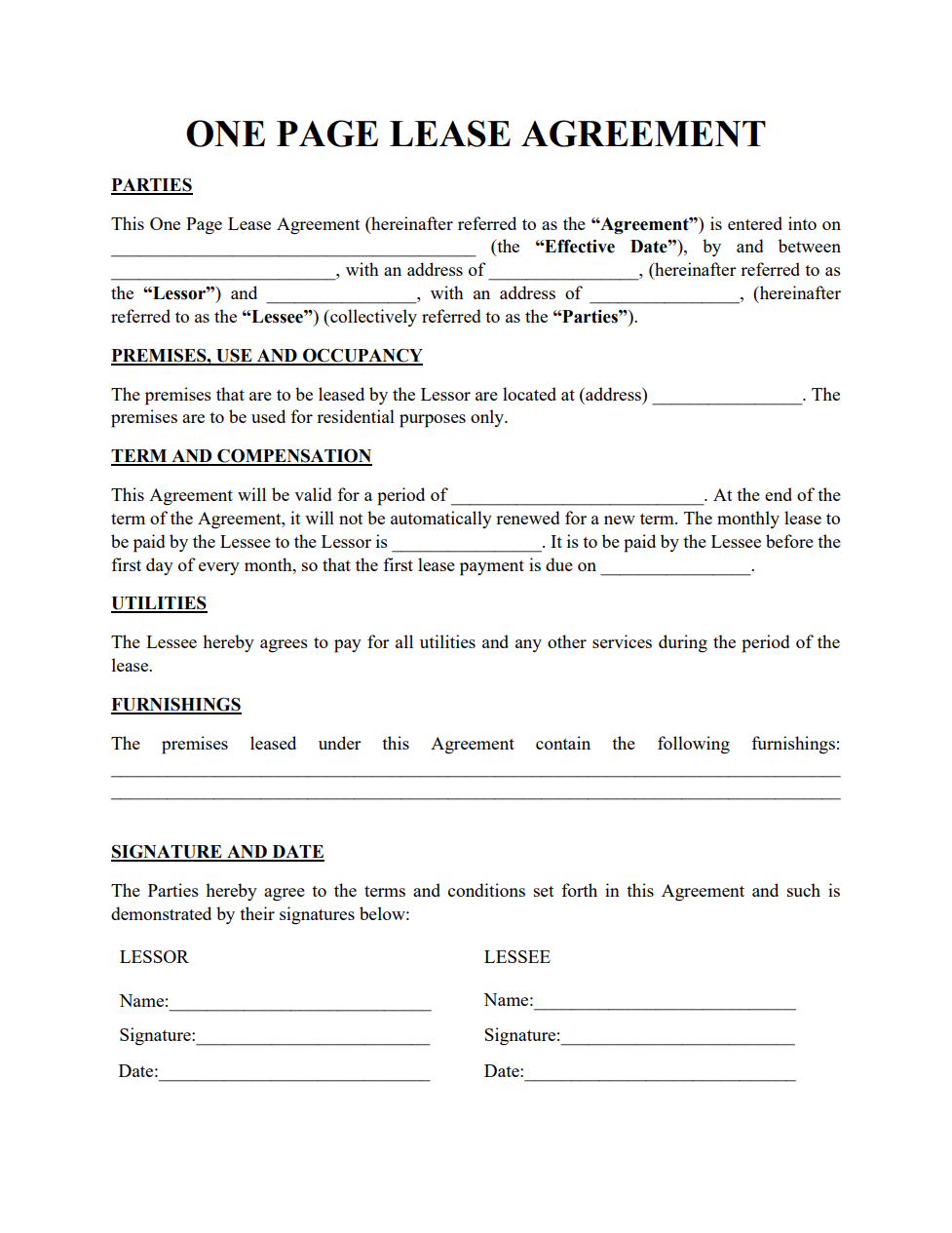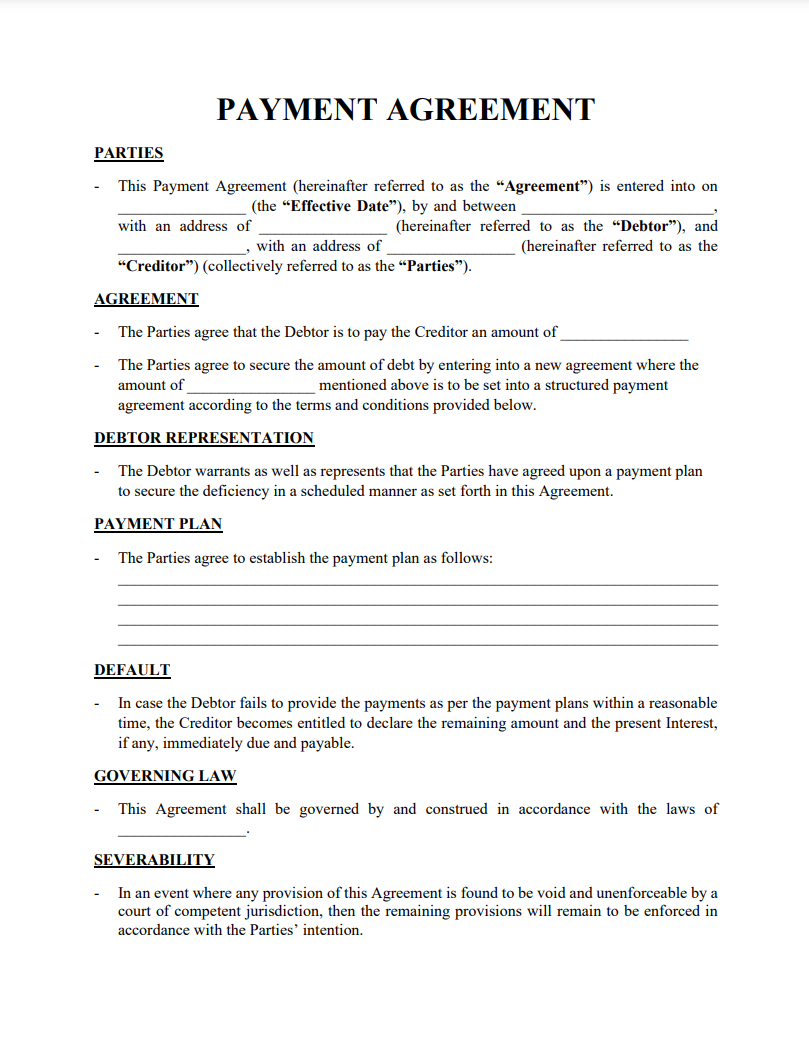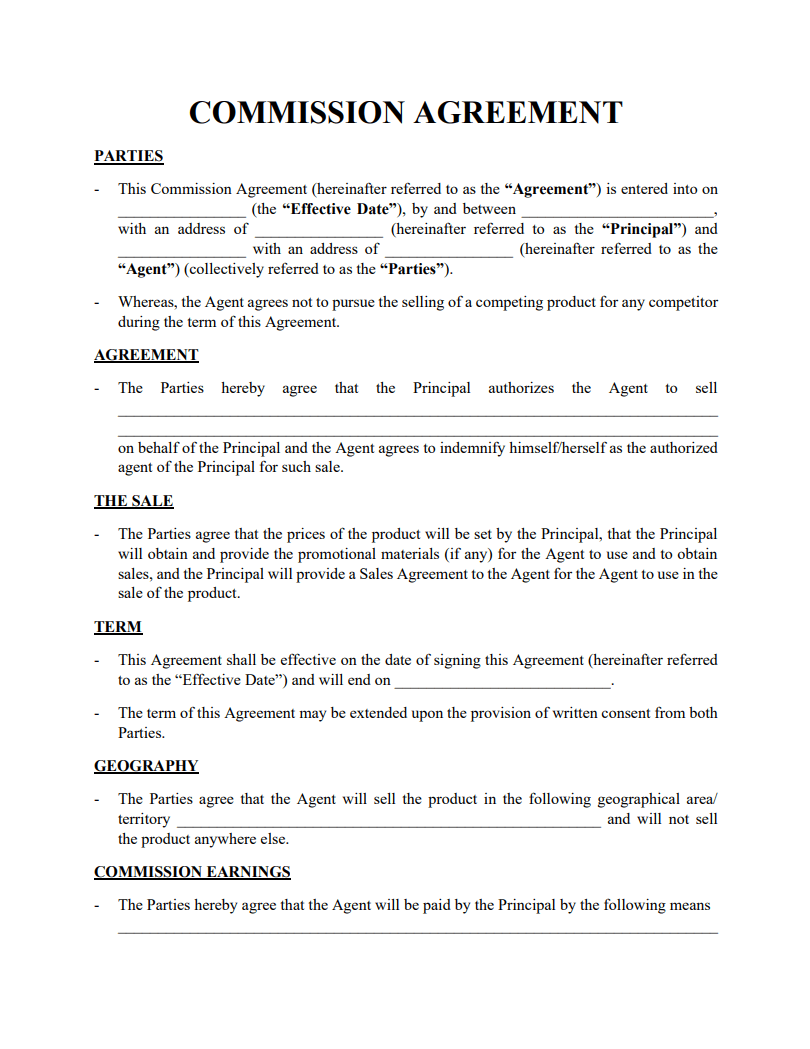Introduction
Every now and then, there arises a need to hire the services of a professional either for a short or long period.
To ensure that this busy professional is available whenever you require their services, you may need to make an advance payment according to their prevailing service fee.
To effect this advance payment and secure the commitment of a professional, you will require a retainer agreement contract.
This guide explains what this contract document is and when you should use it. You will also get to know the benefits and best practices for a retainer agreement.
We also offer you a chance to get your own copy of our free-to-use retainer agreement template.
Our retainer agreement sample is available in editable MS Word, and you can download it to your desktop or Android/iOS mobile device today.
What is a retainer agreement?
A retainer agreement is a legally binding service contract between a professional and a client. This service contract sees the Client engage the future services of a professional by paying ahead of time for their input.
This service agreement contract can be secured with a one-time advanced payment for future work or the upfront payment of recurring service fees.
In a typical retainer agreement template, you have detailed information about the professional service to be provided. Some of this information includes the nature of the service, work hours, compensation and contingencies, and many other service terms.
When to use a retainer agreement?
A retainer agreement is mainly used to hire freelance professionals, accountants, consultants, and legal counsel. A typical retainer service agreement contract spells out the roles, duties, responsibilities, and obligations of all concerned parties to the agreement.
This template indicates the type of service provided by the professional as well as the modalities for the execution of the services, including the timing of delivery and cost of the service.
By making an advanced payment of service fees, the Client retains the professional's time and can call on their service at short notice.
Even though payment for retainer services can be one-off, the provision of professional services itself can be for the long haul.
The benefits of retainer agreements
Some key benefits of a retainer agreement to both the Client and the professional providing the service include:
- Reputation building: As a professional on a retainer agreement, enhance your reputation in your field or industry. This is especially true if the Client is an individual or corporate entity of repute. Professionals with glowing reputations are also more than likely to secure more business.
- Stable Income: Professionals under a retainer agreement contract are sure of stable income from the clients that have hired their services.
- Increased client list and business growth: With glowing references from clients, professionals can increase their client list and grow their business in the process.
- Availability of professional assistance at short notice: Clients can expect to receive professional services whenever needed. This is one main benefit of a retainer service contract.
- Cost-saving benefit: Paying for professional services ahead of when you need them can offer some long-term cost-saving benefits. A professional may decide to increase their service fee at some point in the future. However, as a client under a retainer agreement, you will not be affected by future changes to their service fee since you have already paid for their services in advance.
- Reduced downtime: Professionals are constantly on their toes when they have several clients they have to serve under retainer contract agreements. This ensures steady work and less downtime.
Best practices for retainer agreements
As a professional using a retainer agreement sample to secure clients for the long run, you need to ensure you implement best practices for a service contract agreement.
Here are some best practices worth adhering to:
- State scope of work: Your retainer contract should indicate the scope of work or services to be rendered. The Client should be fully aware of the services you intend to offer as well as the services you are incapable of providing. This greatly reduces any disputes in the future.
- Work volume determines income: Your service fee should be based on your anticipated work volume and not necessarily the work hours. Since you are hired for a long time with your services required at short notice, you should consider billing clients by virtue of anticipated work volume instead of using regular work hours to determine your service fee. Your service fee pricing can be based on value, anticipated labor, or baseline pricing.
- Include a 'Kill Fee' Clause to protect yourself from impromptu Client instigated changes: You can ensure that you still receive compensation for any work done whether a client decides to change or terminate an existing project by inserting a 'Kill Fee' clause in your retainer service contract.
- Retainer contract renegotiation: There is no agreement cast in stone, so you should always include a renegotiation clause in your retainer contract agreement. This clause makes provision for amendment of the terms and conditions of the retainer contract. Renegotiation can cover the service fee, work volume, scope of work, etc.
- Termination of Retainer Agreement: The retainer agreement should clearly state the conditions for termination. It should also provide information on the period of notice for termination. For example, the contract may be terminated 90 days from the date written notice of termination is presented by either party. However, the service fee and all other compensation would be unaffected within the 90-day notice of termination period.
FAQ
Q1: Who can enter into a retainer agreement?
A1: A retainer agreement is usually ideal for professionals offering clients certain professional services, such as; consulting services, accounting services, legal services, freelance writing or copywriting services, etc.
Q2: Is payment for a retainer service agreement made in advance?
A2: Yes. You may agree to receive a one-off advance payment from a client or recurring service fee payments at specified times.
Q3: Can a retainer agreement be terminated?
A3: Yes. A retainer agreement can be terminated by either the Client or the professional. However, the best practice is to include a clause stating the terms for termination, including a notice period.
Q4: Can I edit this retainer agreement sample?
A4: Yes. Our retainer agreement template can be edited when downloading the MS Word version. However, you should consider consulting with a lawyer (if you are not one) to ensure that the information provided is legally binding and adheres to local law.




